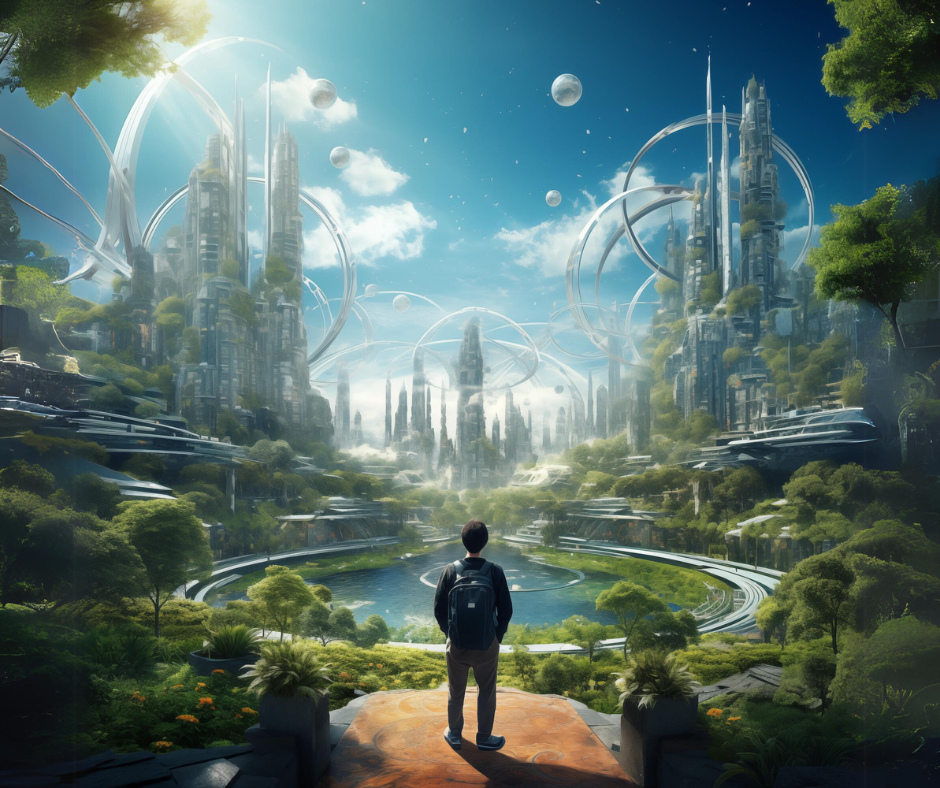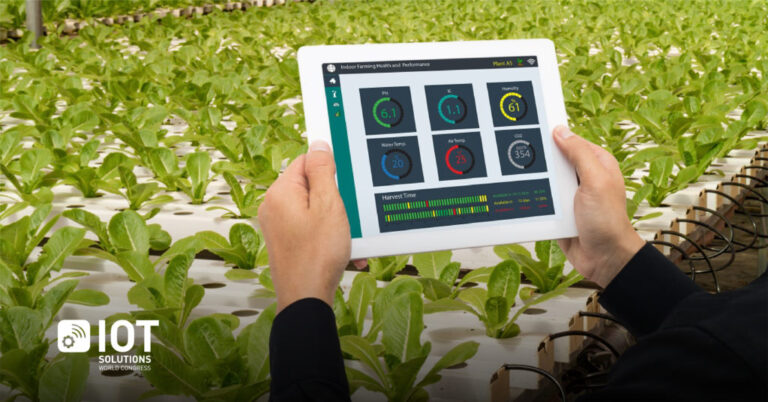The Future of Technology Innovations Shaping Tomorrow
The pace of technological advancement is accelerating at an unprecedented rate, reshaping industries, economies, and societies. From artificial intelligence that mimics human reasoning to quantum computers solving problems once deemed impossible, the future of technology promises a world of possibilities. This article explores the cutting-edge innovations driving the next wave of progress, their potential impact, and the ethical considerations they bring. With breakthroughs in biotechnology, renewable energy, space exploration, and more, the coming decades will redefine how we live, work, and connect.
Artificial Intelligence Beyond Automation
Artificial Intelligence (AI) has already transformed industries, from healthcare to finance, but its future potential is even more profound. AI systems are evolving from task-specific tools to general-purpose intelligence capable of learning, reasoning, and adapting across domains. By 2030, AI is expected to contribute trillions to the global economy, driven by advancements in machine learning, natural language processing, and computer vision.
One exciting development is the rise of AI with emotional intelligence. Future AI systems will understand human emotions through facial expressions, tone, and context, enabling more natural interactions. For example, AI-powered virtual assistants could provide mental health support, tailoring responses to a user’s emotional state. In education, AI tutors will personalize learning experiences, adapting to individual student needs in real-time.
However, AI’s rapid growth raises ethical concerns. Bias in algorithms, privacy violations, and job displacement are challenges that must be addressed. Transparent AI development and robust regulations will be crucial to ensure equitable benefits. As AI becomes more autonomous, questions about accountability and control will also demand global cooperation.
Quantum Computing: Unlocking New Frontiers
Quantum computing is poised to revolutionize industries by solving complex problems beyond the reach of classical computers. Unlike traditional computers that process bits (0s and 1s), quantum computers use qubits, which can exist in multiple states simultaneously thanks to quantum mechanics. This allows them to perform calculations at unprecedented speeds.
In the future, quantum computers could transform fields like cryptography, drug discovery, and climate modeling. For instance, they could simulate molecular interactions to accelerate pharmaceutical research, leading to faster development of life-saving drugs. In logistics, quantum algorithms could optimize supply chains, reducing costs and environmental impact.
While companies like IBM, Google, and startups like Rigetti are making strides, quantum computing is still in its infancy. Challenges like error rates and qubit stability must be overcome before widespread adoption. By 2040, quantum computers could become mainstream, reshaping industries and creating new ones.
Biotechnology: Redefining Life
Biotechnology is pushing the boundaries of medicine, agriculture, and environmental science. Advances in gene editing, particularly CRISPR, are enabling precise modifications to DNA, offering cures for genetic diseases and enhancing crop resilience. In the coming years, personalized medicine will become standard, with treatments tailored to an individual’s genetic makeup.
Synthetic biology is another frontier, where scientists design new organisms to produce biofuels, medicines, or even biodegradable materials. For example, engineered bacteria could clean up plastic waste or produce sustainable fuels, addressing pressing environmental challenges. Meanwhile, bioprinting technologies are advancing, with 3D-printed organs potentially eliminating transplant waiting lists by 2035.
Ethical dilemmas accompany these advances. Gene editing raises questions about “designer babies” and unintended ecological consequences. Regulatory frameworks must balance innovation with safety, ensuring biotechnology benefits humanity without crossing ethical lines.

Renewable Energy and Sustainability
The fight against climate change is driving innovation in renewable energy. Solar and wind power are already cost-competitive with fossil fuels, and future technologies promise even greater efficiency. Perovskite solar cells, for instance, could achieve higher energy conversion rates at lower costs, making solar power more accessible.
Energy storage is another critical area. Next-generation batteries, such as solid-state and sodium-ion batteries, will offer higher capacity and faster charging times. These advancements will power electric vehicles, stabilize renewable energy grids, and support off-grid communities. By 2050, renewable energy could account for 80% of global electricity, significantly reducing carbon emissions.
Green hydrogen is emerging as a game-changer for hard-to-decarbonize sectors like aviation and shipping. Produced using renewable energy, green hydrogen could replace fossil fuels in heavy industry, creating a cleaner economy. However, scaling these technologies requires massive investment and international collaboration to overcome infrastructure challenges.
Space Exploration: The Next Frontier
Space technology is entering a new golden age, driven by private companies like SpaceX, Blue Origin, and international space agencies. Reusable rockets have slashed launch costs, making space more accessible. By 2030, lunar bases and commercial space stations could become reality, paving the way for deep space exploration.
Mars colonization is a long-term goal, with technologies like in-situ resource utilization (ISRU) enabling settlers to produce water, oxygen, and fuel from Martian resources. Meanwhile, space mining could tap into asteroids rich in rare minerals, supporting Earth’s resource needs. Satellite constellations, like Starlink, are already expanding global internet access, bridging digital divides.
The commercialization of space raises concerns about regulation and environmental impact. Space debris and territorial disputes could complicate exploration efforts. International treaties will be essential to ensure space remains a shared resource for humanity.
Augmented and Virtual Reality: A New Digital Realm
Augmented Reality (AR) and Virtual Reality (VR) are blurring the lines between physical and digital worlds. Future AR glasses will overlay digital information onto the real world, enhancing everything from navigation to remote collaboration. VR, meanwhile, will create immersive environments for gaming, education, and virtual tourism.
By 2035, the metaverse—a shared virtual space—could become a central hub for social and economic activities. Companies are investing billions to develop metaverse platforms, where users can work, shop, and socialize using digital avatars. This shift could redefine remote work and education but also raises concerns about privacy, addiction, and digital inequality.
Advancements in haptic technology will make AR and VR more immersive, allowing users to feel virtual objects. These technologies could revolutionize training for surgeons, pilots, and engineers, offering realistic simulations without real-world risks.
The Internet of Things and Smart Cities
The Internet of Things (IoT) is connecting billions of devices, from smart thermostats to autonomous vehicles. By 2030, over 50 billion devices could be interconnected, creating a hyper-connected world. IoT will enable smart cities, where sensors optimize traffic, energy use, and public services.
For example, smart grids will balance energy demand in real-time, reducing waste and outages. Autonomous drones could deliver goods, while connected infrastructure improves urban planning. However, IoT’s growth raises cybersecurity risks, as interconnected systems are vulnerable to hacks. Robust encryption and decentralized networks will be critical to protect data.
Ethical and Societal Implications
The technologies shaping the future are as challenging as they are promising. Automation and AI could displace millions of jobs, requiring reskilling programs to prepare workers for new roles. Privacy concerns will intensify as data becomes the backbone of innovation, necessitating stronger regulations like GDPR.
Digital divides must also be addressed to ensure equitable access to technology. Developing nations risk falling behind unless investments in infrastructure and education are prioritized. Additionally, the environmental impact of manufacturing and deploying new technologies must be mitigated to align with sustainability goals.
Conclusion
The future of technology is a tapestry of innovation, opportunity, and responsibility. AI, quantum computing, biotechnology, renewable energy, space exploration, and immersive realities are converging to create a world that once existed only in science fiction. Yet, with great power comes great responsibility. Ethical frameworks, inclusive policies, and global cooperation will be essential to harness these advancements for the greater good. As we stand on the cusp of this technological revolution, one thing is clear: the choices we make today will shape the world of tomorrow. By embracing innovation with foresight and compassion, we can build a future where technology empowers humanity to thrive.






